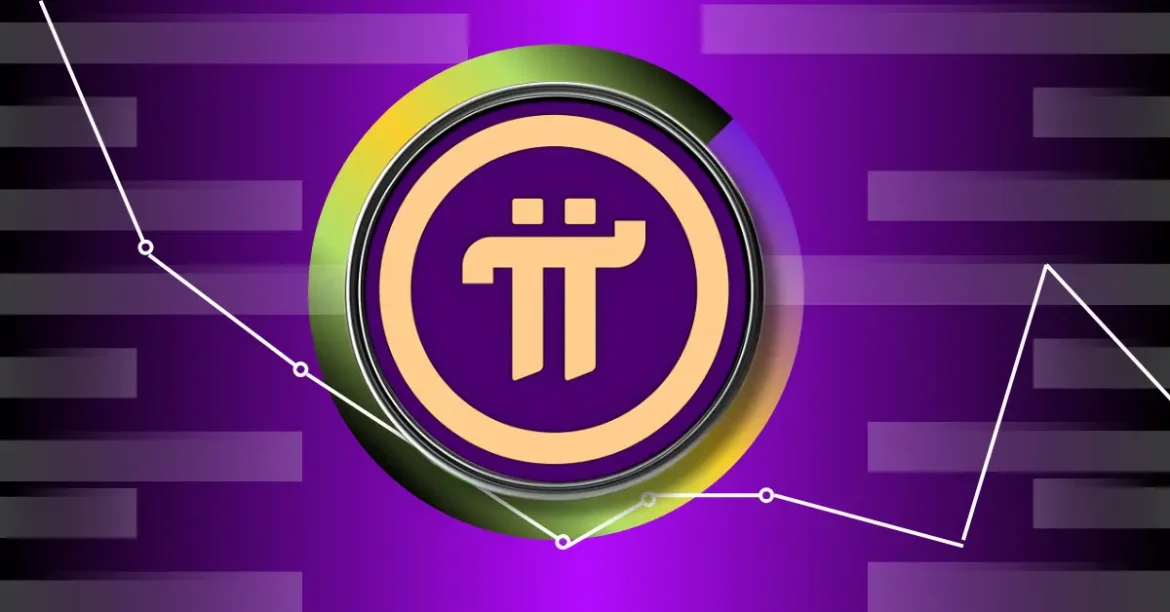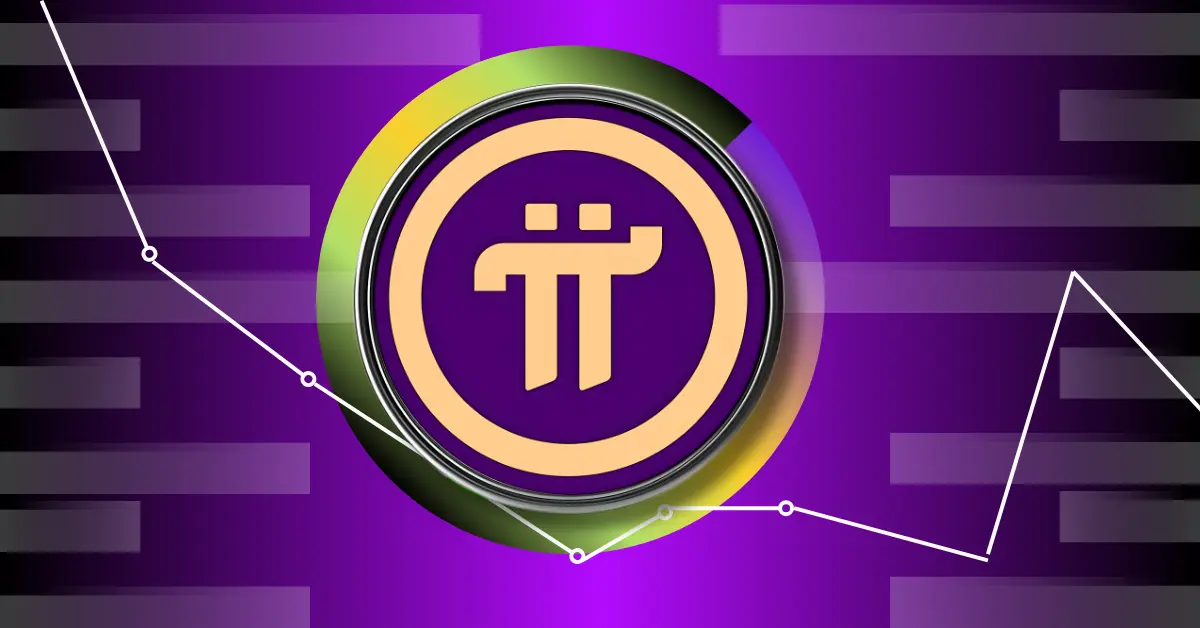The Pi Network’s AI App Studio marks a transformative shift in decentralized application (dApp) development, bridging the gap between accessibility and innovation. This platform, launched on June 28, 2025, during Pi2Day celebrations, is not merely an addition to the Pi Network’s ecosystem but a strategic pivot toward fostering a practical, user-driven digital economy. By integrating artificial intelligence (AI) with a no-code interface, the Pi App Studio empowers individuals—regardless of their technical background—to create and deploy Web3 applications, democratizing the development process and unlocking new possibilities for blockchain technology.
Unleashing Creativity with No-Code AI
At the heart of the Pi App Studio lies its AI-powered, no-code development environment. This innovative approach allows users to describe their desired applications in natural language, which the AI engine then translates into functional code. This eliminates the need for extensive programming knowledge, making dApp development accessible to a broader audience. The platform’s intuitive drag-and-drop interface further simplifies the process, enabling users to visually assemble application components without writing a single line of code.
The rapid adoption of the Pi App Studio underscores its potential. Within days of its launch, the Pi Network community had already created over 7,900 AI-powered applications. These applications span a diverse range of use cases, from chatbots that provide information about the Pi Network to tools that facilitate e-commerce and social interactions within the ecosystem. The sheer volume and variety of these applications highlight the versatility of the Pi App Studio and the creativity of its user base.
Key Features Driving Innovation
The Pi App Studio’s success can be attributed to its robust feature set, which includes:
- No-Code Interface: The platform’s drag-and-drop interface allows users to assemble application components effortlessly, making dApp development accessible to non-technical users.
- AI-Powered Development: The AI engine assists in code generation, debugging, and optimization, streamlining the development process and reducing the time required to bring an application to market.
- Pre-Built Templates: A library of pre-built templates provides a starting point for common dApp use cases, accelerating development and enabling users to focus on innovation rather than technical implementation.
- Seamless Integration: The Pi App Studio is tightly integrated with the Pi Network’s core infrastructure, including the Pi Wallet and the Pi Ad Network. This integration ensures that applications can be deployed and monetized seamlessly within the ecosystem.
- Ecosystem Directory Staking: This feature allows users to stake their Pi coins to promote their favorite apps within the Pi Ecosystem Directory. This decentralized mechanism for app discovery and promotion creates a self-sustaining ecosystem where developers are rewarded for building valuable and engaging applications.
Real-World Implications and Challenges
The launch of the Pi App Studio has significant implications for the Pi Network and the broader blockchain space. By enabling the creation of a wide range of dApps, the platform drives demand for Pi Coin, as it becomes the primary currency for transactions and interactions within the Pi Network ecosystem. This increased utility for Pi Coin is a crucial step toward the network’s ultimate goal of Mainnet migration, where it transitions to a fully decentralized and independent blockchain.
Moreover, the Pi App Studio empowers individuals from all over the world to participate in the development of the Pi Network ecosystem, fostering a sense of ownership and community. By removing the technical barriers to dApp development, the platform makes Web3 accessible to a wider audience, potentially driving mass adoption of blockchain technology. The no-code AI environment encourages experimentation and innovation, leading to the creation of novel and groundbreaking dApps that address real-world problems.
However, the Pi Network must address several challenges to ensure the long-term success of the Pi App Studio. Scalability is a critical concern, as the number of dApps on the network grows. The Pi Network must ensure that it can handle the increased transaction volume and data storage requirements. Security is another paramount consideration, as the platform must implement robust measures to protect dApps and user data from malicious actors.
Quality control is also essential, as the sheer number of applications being created necessitates mechanisms to ensure the reliability and quality of the applications available in the Pi Network ecosystem. Additionally, the Pi Network must provide comprehensive educational resources to help users understand and navigate the Pi ecosystem, as many new users may be unfamiliar with blockchain technology and Web3 concepts. Finally, the Pi Network must continue to innovate and differentiate itself from other platforms to attract developers and users in an increasingly competitive blockchain space.
Building the Future, One App at a Time
The Pi App Studio represents a bold step toward realizing the vision of a decentralized, user-driven digital economy. By democratizing dApp development and empowering a global community of creators, the Pi Network is positioning itself as a leader in the blockchain space. The initial enthusiasm and the rapid creation of thousands of applications demonstrate the immense potential of this innovative platform.
The journey ahead will undoubtedly be filled with challenges, but the Pi Network’s commitment to innovation and community-driven development sets the stage for a bright future. The Pi App Studio is more than just a tool; it is a catalyst for change, enabling users to build the future of the Pi Network, one app at a time. As the ecosystem continues to grow and evolve, the Pi Network’s vision of a decentralized, user-driven digital economy becomes increasingly attainable, heralding a new era of blockchain innovation and adoption.





